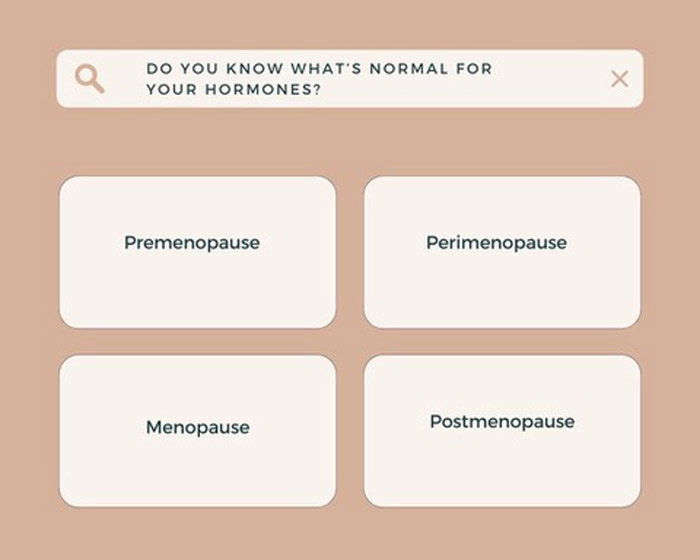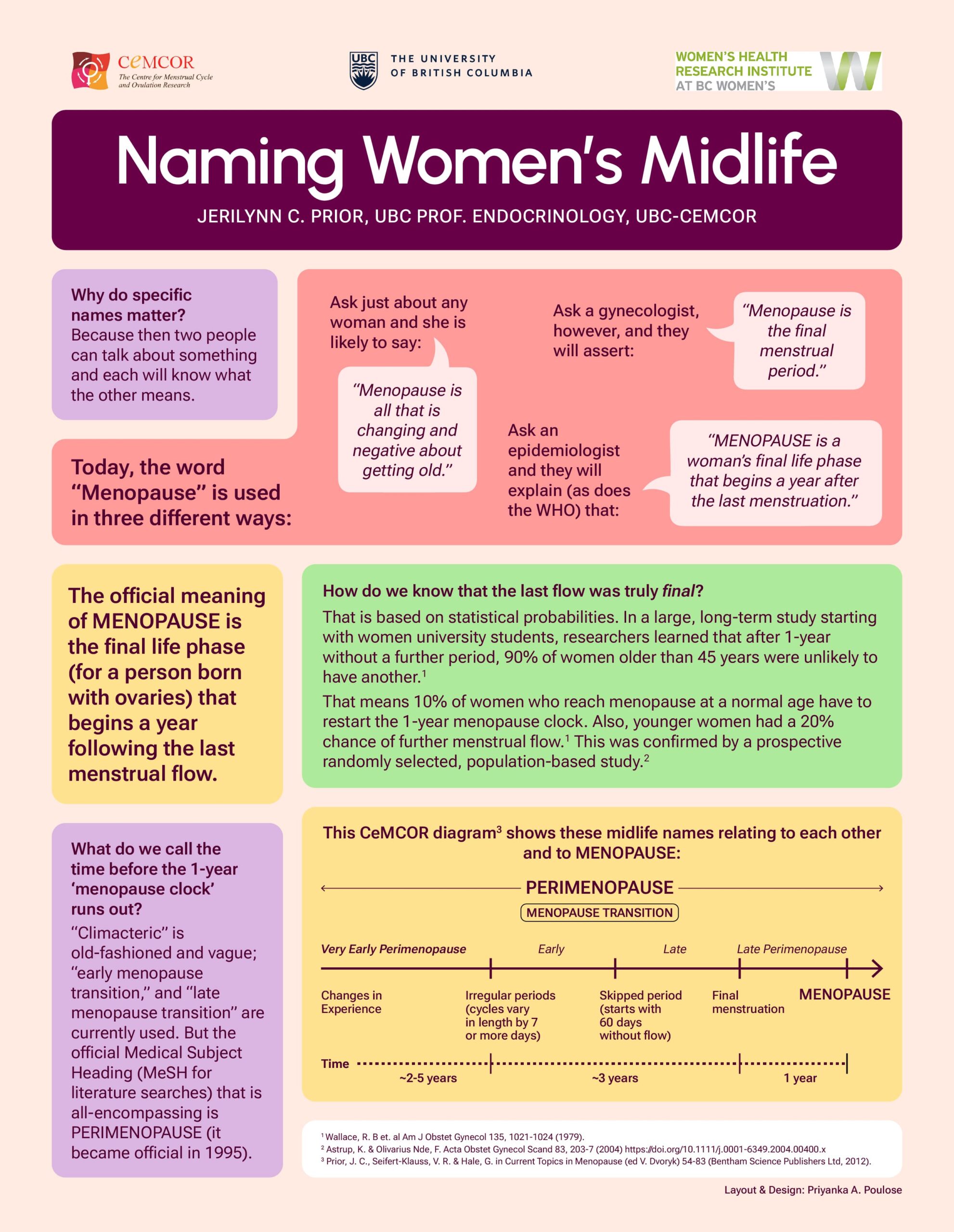The Myth of “Hormone Balance”
What most women don’t know is that hormone balance changes over time.
The definition of hormone balance depends on your age + stage.
Here are the differences in a nutshell:
🌸 Premenopause (typically under age 40)
During this time, it’s normal to have a monthly period. It’s normal to notice cyclical changes in your body and emotions as your estrogen and progesterone levels rise and fall each month.
One hormonal imbalance to look out for at this stage is 💥estrogen dominance.
This is when estrogen levels are too high in comparison to progesterone.
Signs can include heavy or painful periods, breast tenderness, mood swings, acne, heavy bleeding, and bloating.
🌸 Perimenopause (can begin as early as age 35)
This is a transitional time that lasts an average of 4 years but can last up to 10!
It’s normal for your hormones to fluctuate dramatically, making your menstrual cycles shorter, longer, or irregular.
One hormonal imbalance to look out for at this stage is 💥low progesterone.
This happens because progesterone levels fall first and faster than estrogen levels. Signs of low progesterone include insomnia, headaches, and anxiety.
🌸 Postmenopause (average age of 51)
Once you’ve gone 12 months without a period, you are officially postmenopausal!
This stage of life is naturally defined by 💥low estrogen and progesterone, compared to reproductive phase years.

Some of the best ways to support hormone health at ANY stage:
✔️ Eat high-quality proteins and healthy fats
✔️ Manage stress and support adrenals with nutrients and adaptogens
✔️ Support liver health with nutrition and antioxidants for healthy hormone metabolism
✔️ Optimize gut and digestion with fiber, probiotics, and an anti-inflammatory diet
✔️ Build muscle strength and a healthy metabolism with resistance training
There is no one-size-fits-all when it comes to healthy hormones!
I’ve got more info on the menopause transition here.
If you’re looking for an individualized and personalized approach to hormone health, book a consult with me!
This is an area I have been passionate about for over 20 years and I’d love to work with you!
You can book a consult here.
TERMS CAN BE TRICKY
Often the term “MENOPAUSE “is used to describe the turbulent (and frequently symptomatic) time that happens BEFORE the final period. The more accurate word for that time is *perimenopause*.
Professor Jerilynn Prior and the Centre For Menstruation and Ovulation Research at UBC address this confusion in their new infographic, “Naming Women’s Midlife.”

Graphic courtesy of:
Jerilynn C. Prior – UBC Prof. Endocrinology
CEMCOR – The Centre for Menstral Cycle and Ovulation Research
















